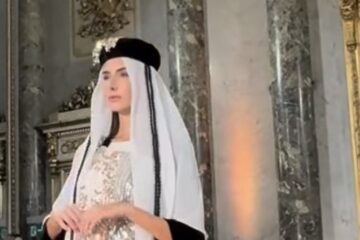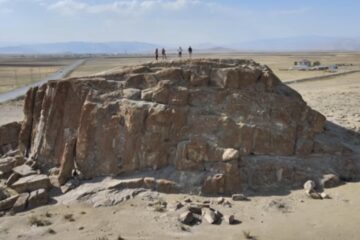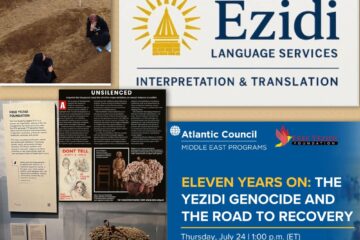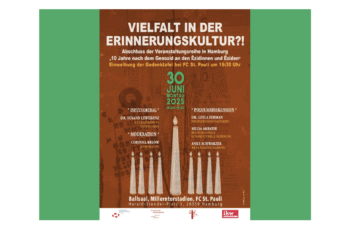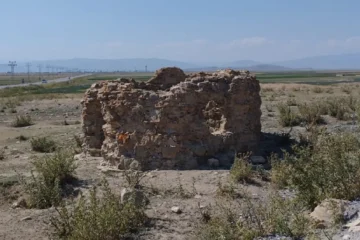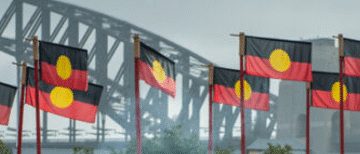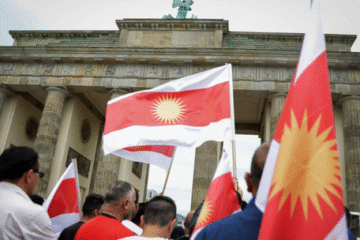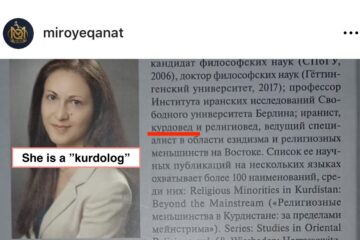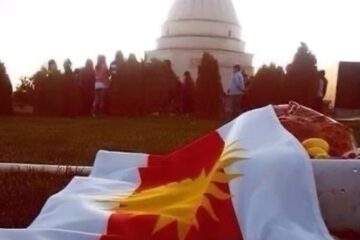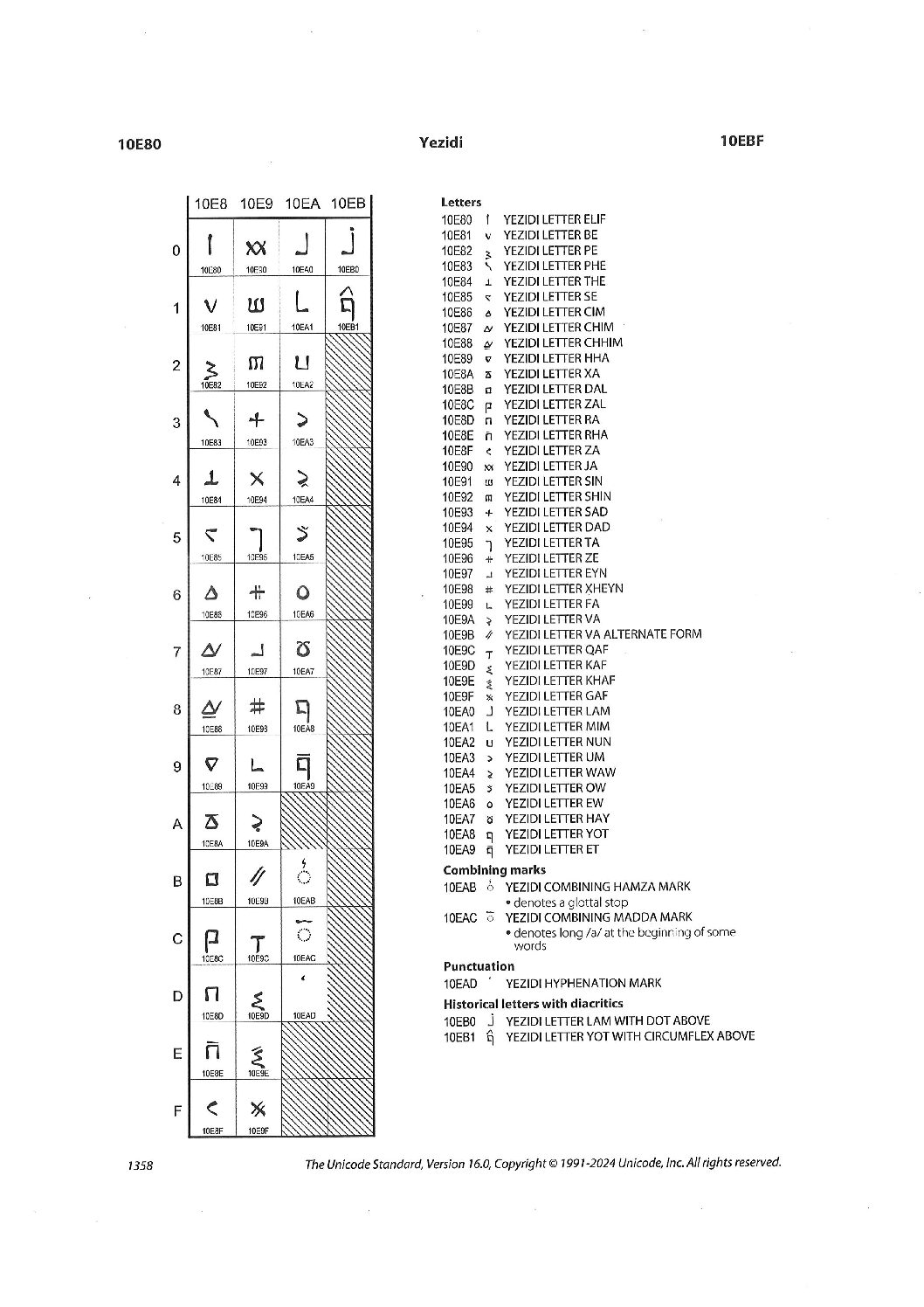Design ézidi sur un podium kurde : respect ou appropriation culturelle ?
Lorsqu’une créatrice kurde a présenté une robe traditionnelle ézidie sur le podium à Milan, beaucoup ont applaudi le geste comme un signe d’inclusion. Mais s’agit-il vraiment de reconnaissance — ou d’appropriation ? Pour Ezidi Times, la question va plus loin : pourquoi les Ézidis doivent-ils dépendre des autres pour présenter leurs traditions, et que signifie que leur patrimoine soit absorbé dans un récit kurde plus large ? Ce qui est en jeu n’est pas seulement la mode, mais la survie de l’identité d’un peuple ancien.
